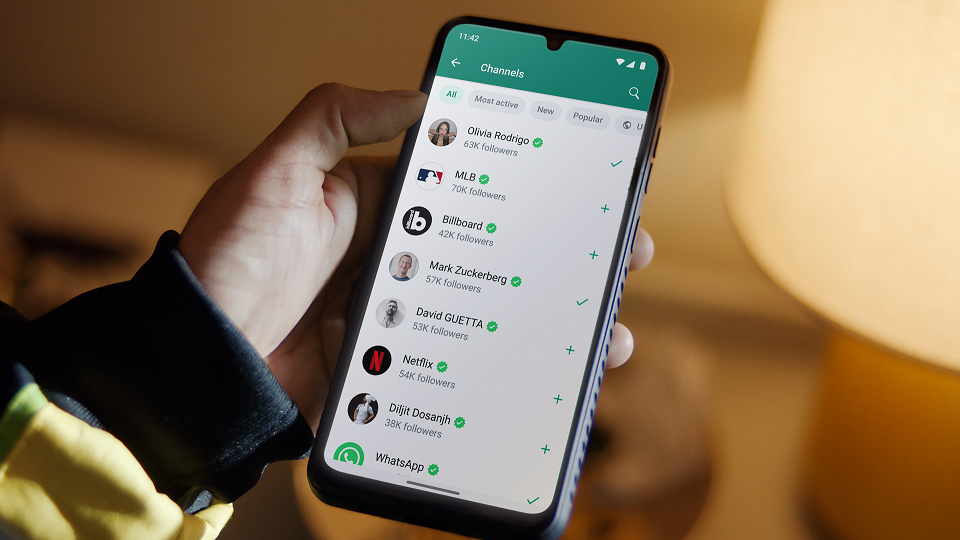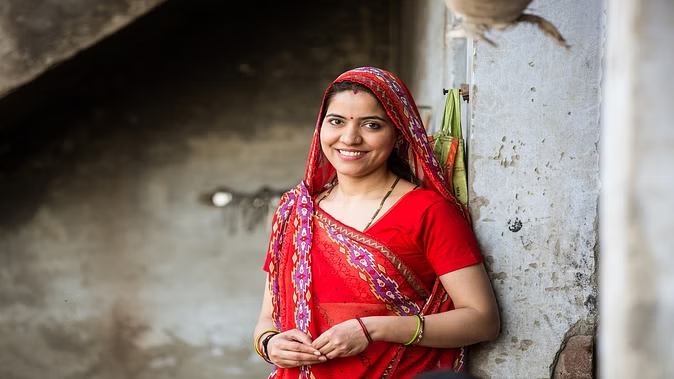
PC: tv9hindi
As the 2024 Lok Sabha elections in India approach, concerns are rising over the spread of fake and deepfake messages on social media platforms, with WhatsApp being the most used instant messaging service in the country. In preparation for next year's general elections, the Indian government is considering legislation to hold WhatsApp accountable to address this issue.
Under this potential law, WhatsApp may be required to provide details about individuals sending deepfakes or fake messages. Instant messaging platforms will have to disclose who initiated such messages. However, WhatsApp's parent company Meta argues that implementing such a requirement would be challenging and would compromise users' privacy, as the company does not save information about who sends messages to whom on their platform.

PC: WhatsApp Blog
Deepfake Videos of Politicians
Media reports suggest that this law could specifically target individuals who create and share deepfake videos of politicians, as such viral messages could undermine the integrity of the country's electoral system. The government may use the Information Technology (IT) Rules of 2021 to force WhatsApp to reveal the identity of the person who initially shared such videos.
Privacy Threat to WhatsApp
The focus of this potential legislation is to hold WhatsApp accountable for addressing the spread of deepfake messages. Although there are concerns over privacy, as WhatsApp says this requirement could put users' privacy at risk, it is necessary to strike a balance between privacy and preventing misuse of the technology.

PC: Mint
Upcoming Security Features of WhatsApp
Meanwhile, the Meta platform is actively working on enhancing the security of users. In the near future, WhatsApp plans to introduce a feature that will allow users to hide their IP address during voice calls, providing additional protection against cyber threats.










